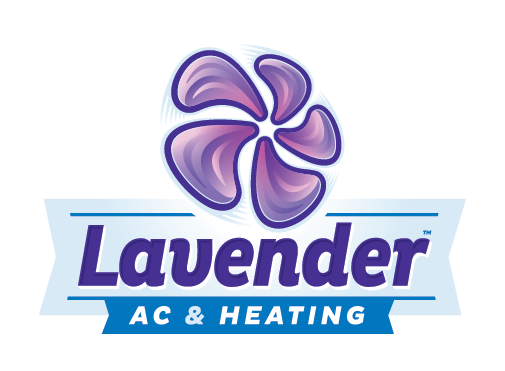Ensuring optimal indoor air quality is essential for creating a healthy and comfortable living environment. The presence of airborne pollutants, such as allergens, pet dander, smoke, volatile organic compounds (VOCs), and dust, can have various adverse effects on well-being and comfort. One effective solution for addressing these issues and improving the overall quality of indoor air is investing in an air purifier. By incorporating a purifier into your home, you can actively reduce pollutants and potentially alleviate allergy symptoms, enhance respiratory health, and create a cleaner, fresher living space.
We will explore the different types of air purifiers, the technologies they employ, and the benefits of using an air purifier to improve your home’s indoor air quality. By understanding the various purifier options and their respective features, you can make informed decisions regarding the most suitable air purifying solution for your unique needs.
Our team of indoor air quality professionals at Lavender AC & Heating is committed to helping Key Air Purifier Technologies
Air purifiers utilize different technologies to remove contaminants from the air, including the following:
- High-Efficiency Particulate Air (HEPA) Filters: Recognized for their ability to capture particulates as small as 0.3 microns, HEPA filters are highly effective in eliminating pet dander, dust, mold spores, and other allergens from your indoor environment.
- Activated Carbon Filters: Highly porous, activated carbon filters excel at trapping and neutralizing gas molecules and odors, effectively addressing issues related to smoke, VOCs, and other pollutants.
- Ultraviolet Germicidal Irradiation (UVGI): Using ultraviolet (UV) light to destroy microorganisms, UVGI purifiers can control bacteria, viruses, and other pathogens that may be present in your home.
- Ionizers and Electrostatic Precipitators: These devices emit charged particles or use electrostatic attraction to capture and remove airborne pollutants, including dust and allergens.
Choosing the Right Air Purifier for Your Needs
Before investing in an air purifier, consider the following factors to determine the most suitable device for your unique situation:
- Purifier Technologies: Analyze your specific air quality concerns and choose a purifier that targets your primary issues, such as allergens or smoke.
- Room Size and Capacity: Ensure that the air purifier you select can accommodate the size of the space you wish to purify, as indicated by the device’s clean air delivery rate (CADR).
- Noise Levels: Consider the sound output of various purifiers, especially if the device will be used in rooms where quiet operation is preferred, such as bedrooms or living areas.
- Maintenance and Filter Replacement: Be mindful of the potential ongoing costs associated with filter replacements and the frequency of required maintenance.
Maximizing Your Air Purifier’s Effectiveness
To get the most out of your air purifier and maintain optimal indoor air quality, follow these tips:
- Strategic Placement: Position your air purifier in areas where you spend the most time or where pollutant sources are prevalent.
- Maintain Clean Surfaces: Regular vacuuming, dusting, and surface cleaning can reduce pollutants and enhance your purifier’s performance.
- Proper Maintenance: Clean or replace filters according to the manufacturer’s guidelines to ensure your device operates at peak efficiency.
- Run Your Purifier Continuously: Continuous operation ensures that your air purifier is always working to maintain optimal air quality throughout your home.
Benefits of Improved Indoor Air Quality with Air Purifiers
Utilizing an air purifier to enhance your indoor air quality can provide numerous benefits, including:
- Allergy Symptom Relief: Air purifiers can reduce the presence of allergens, such as pet dander, pollen, and mold spores, potentially alleviating allergy symptoms and creating a more comfortable living environment.
- Enhanced Respiratory Health: By removing airborne irritants, including dust and smoke, air purifiers may help alleviate asthma symptoms and promote better respiratory health.
- Cleaner Surroundings: Air purifiers can contribute to a tidier, fresher living space by reducing dust build-up and odors.
- Germ Reduction: Some purifiers, such as those utilizing UVGI technology, can help reduce the presence of bacteria and viruses, potentially promoting a healthier home.
Conclusion
Investing in an air purifier can have a significant impact on the quality of your indoor environment, promoting greater health, comfort, and overall well-being. By understanding the different technologies utilized by purifiers, assessing your specific needs, and following proper maintenance and usage guidelines, you can ensure that your selected purifier delivers the best results possible.
Let our indoor air quality professionals at Lavender AC & Heating assist you in choosing and utilizing the ideal air purifier for your unique situation. Contact us today and experience the benefits of improved indoor air quality and a healthier, more comfortable home environment.





